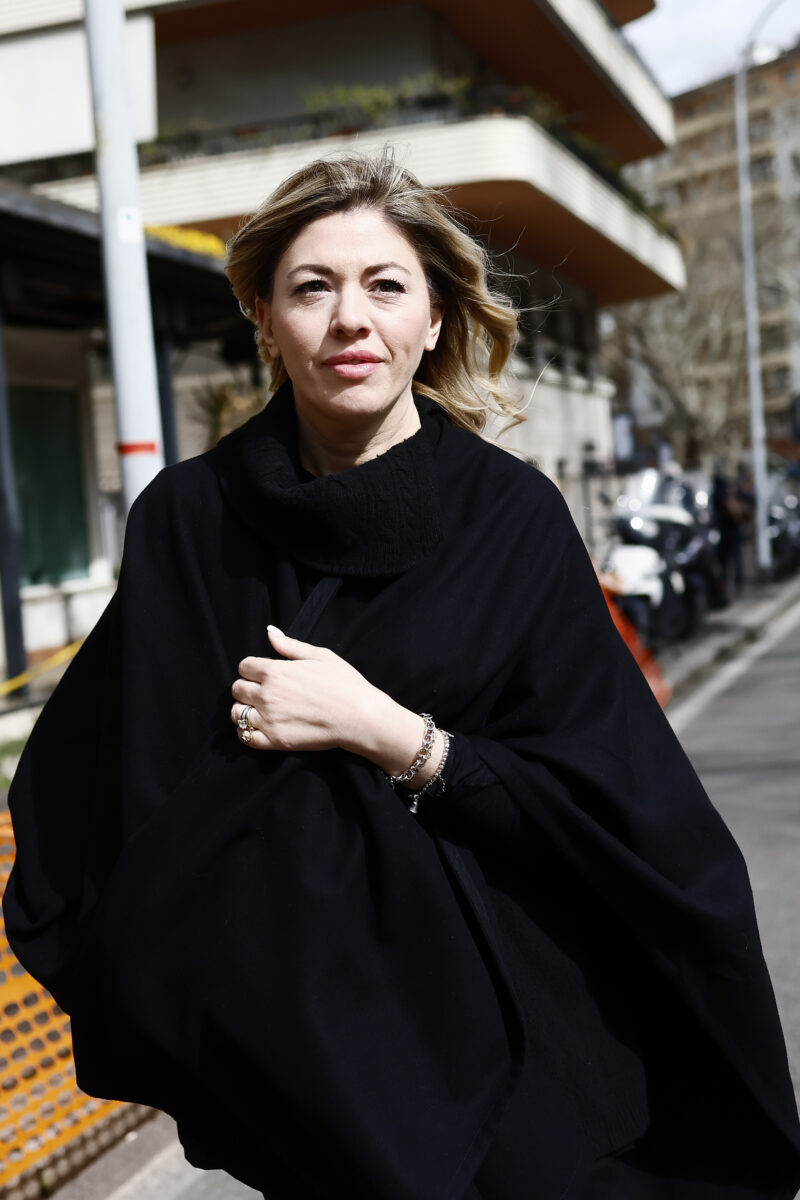Rome, 30 September (LaPresse) – ‘Bring Maria Rosaria Boccia to trial.’ The Rome Public Prosecutor’s Office has requested a trial for the businesswoman who ended up at the centre of an investigation after a complaint was filed by former Culture Minister Gennaro Sangiuliano. The investigation, conducted by Deputy Public Prosecutor Giuseppe Cascini with Public Prosecutors Giulia Guccione and Barbara Trotta, led to the formulation of a series of charges ranging from aggravated stalking to personal injury, defamation and unlawful access to private life. The charges also include the inclusion of false information in her CV. The investigation began about a year ago, when the Carabinieri investigative unit carried out a search of Boccia’s residence, seizing computer devices and mobile phones. Subsequently, last March, the woman was heard by magistrates, and in July the investigation was closed, paving the way for the request for trial. According to the prosecution, Boccia engaged in “repetitive, obsessive and constantly controlling” behaviour towards Sangiuliano, both in his private life and in the workplace. In particular, she allegedly exerted pressure to obtain a position of trust, thereby seeking to legitimise her continued presence at the Ministry. At the same time, he allegedly implemented strategies to discredit the then minister’s closest collaborators, seeking to progressively isolate them. The file also describes persistent behaviour aimed at gaining access to Sangiuliano’s mobile phone, which was used for institutional activities. The entrepreneur allegedly asked several times to view the device, going so far as to demand unlock codes or full remote access, as an alternative to the physical handover of the phone. Among the parties involved in the proceedings, in addition to the former minister, are his wife and former chief of staff Francesco Gilioli.
Sangiuliano case: Rome Public Prosecutor’s Office requests trial for Maria Rosaria Boccia

© Copyright LaPresse

